SIAM Convention 2023: Industry Experts, Policy Makers Discuss Sustainable Mobility and Balancing Growth
The Society of Indian Automobile Manufacturers (SIAM), India's premier organisation representing automakers, hosted its 63rd Annual Convention in Delhi on September 12. This year's event saw various industry leaders, experts, and policy makers deliberating on the hot topic of Sustainable Mobility.
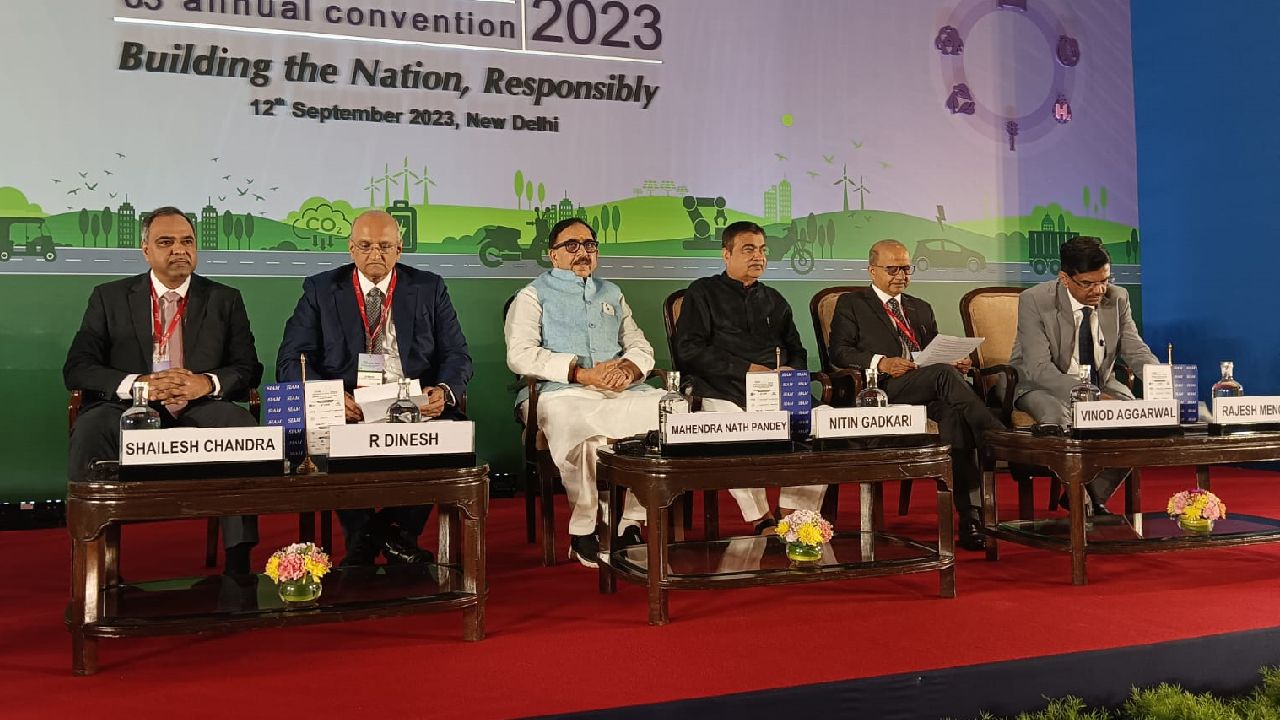
The Society of Indian Automobile Manufacturers (SIAM), India's premier organisation representing automakers, hosted its 63rd Annual Convention in Delhi on September 12, 2023. This year's event saw various industry leaders, experts, and policy makers deliberating on the hot topic-"Sustainable Mobility - The Way Ahead for Indian Automobile Industry," which was also the theme for the Inaugural session. The event started with an important message from Prime Minister Narendra Modi. In his remarks, he noted that SIAM has been admirably serving the nation for over six decades. He claimed that although India has the fifth-largest economy, it will soon overtake the top three. The Indian auto industry's efforts to reduce carbon emissions by introducing automobiles with a variety of powertrain technologies were also mentioned by the PM. He further expressed his desire to achieve the goal of creating a strong, developed, self-sufficient, and sustainable India by the year 2047.
Also Read: Auto Stocks Fall Prior to Nitin Gadkari Clarification on 10% Additional GST on Diesel Vehicles
Union Minister Nitin Gadkari Takes the Podium
The 63rd annual convention of SIAM featured some informative panel discussions with a strong sustainability theme. The themes—clean fuels, for example—were on par at the event as it took place right after the G20 summit. The keynote speaker, Nitin Gadkari, Union Minister of Road Transport & Highways, addressed the gathering saying, “In 2014, the global automobile sector was ranked 7th, but today, it has climbed to the 3rd position. The automotive sector serves as a growth engine for our nation, aligning perfectly with the honourable Prime Minister’s vision to elevate India from its current fifth-largest economy in the world to third. Our ultimate goal is to become the world’s leading automobile hub.” He urged the automotive sector to work more aggressively to increase the proportion of green technology like hydrogen, electric vehicles, and biofuels. By using more biofuels, the auto industry's strategy will be in line with the global biofuel alliance formed at the G20.
At one point, Gadkari suggested that he might propose imposing a 10% additional Goods and Services Tax (GST) on diesel-powered automobiles in order to discourage automakers from building them. However, the minister later stated via his official Twitter account, "There is no such proposal currently under active consideration by the Government."
Apart from Gadkari, the inaugural session also had Mahendra Nath Pandey, Minister of Heavy Industries, as the Guest of Honour. He emphasised that the government's PLI and ACC battery programmes are advancing at a rapid rate. He also claimed that India will produce its first advanced cell chemistry battery by the end of 2023 or January 2024.
Other Notable Remarks
In a statement made during the discussion, SIAM President Vinod Aggarwal said, "Over the past two years, we've witnessed remarkable growth, with the industry's current size standing at Rs 12.46 lakh crores, including exports worth Rs 3 lakh crores." He outlined the six sustainability pillars that the auto industry, SIAM, and the Government of India are currently concentrating on, including Javik Pahal (biofuel), Vidyutikaran (electrification), Gas Gatisheelta (gaseous fuels), Harit Hydrogen (Green Hydrogen), Chakriyata (Recycling), and Surakshit Safar (Safe Journey). He also spoke about the steps taken by the sector to boost its localisation expertise.
“The Government’s commitment to the Amrit Kal vision 2027, along with the imperative to achieve net-zero emissions, sets the stage for a forward-looking India,” said Shailesh Chandra, Vice President, SIAM and Managing Director, Tata Motors Passenger Vehicles.
Also Read: No Additional 10% GST on Diesel Vehicles in India, Confirms Nitin Gadkari
Focus on Increased Localisation
Piyush Goyal, Union Minister of Commerce and Industry, Consumer Affairs, Food and Public Distribution, and Textiles, Government of India, made the following remarks during the Valedictory session of the Convention with the theme 'Aatmanirbhar- The Roadmap to Increased Localisation and Harnessing Export Potential of the Indian Auto Industry.' “Democracy, demographic dividend, and diversity are the three D’s propelling the automobile industry onto the fast lane. India has achieved ‘Aatmanirbharta’ in many ways and has joined the ranks of nations where basic life aspirations such as digital connectivity, road infrastructure, healthcare, and water supply are being fulfilled, a testament to the ‘new India’ that our people collectively strive for. Today, the middle class seeks value and pride in their automobile choices, driving significant market demand indigenously. We must encourage significant investment in electronic components and products made in India, boost R&D within our nation, and nurture domestic industries. We must also reduce our dependence on imports and should rather trust our localised capabilities within our own ecosystem,” he stated.
Sharing his views on the topic at hand, Dr Pawan Goenka, Chairman, Steering Committee on Advancing Local value-add & Exports (SCALE), Ministry of Commerce & Industry, commented, “Indian automotive industry has long embodied self-reliance, and has been working for very long towards being Aatmanirbhar. Currently, we are the world's third-largest automobile market and India has clear advantages in terms of its demographics, geopolitical positioning, and now, with our success at the G20. With being one of the largest markets, it is pertinent that efforts be placed to increase automotive exports, and for that, we need a dedicated task force that should work towards this goal. While we have come a long way in the domain of localisation, true progress for the sector will be driven by the export market.”
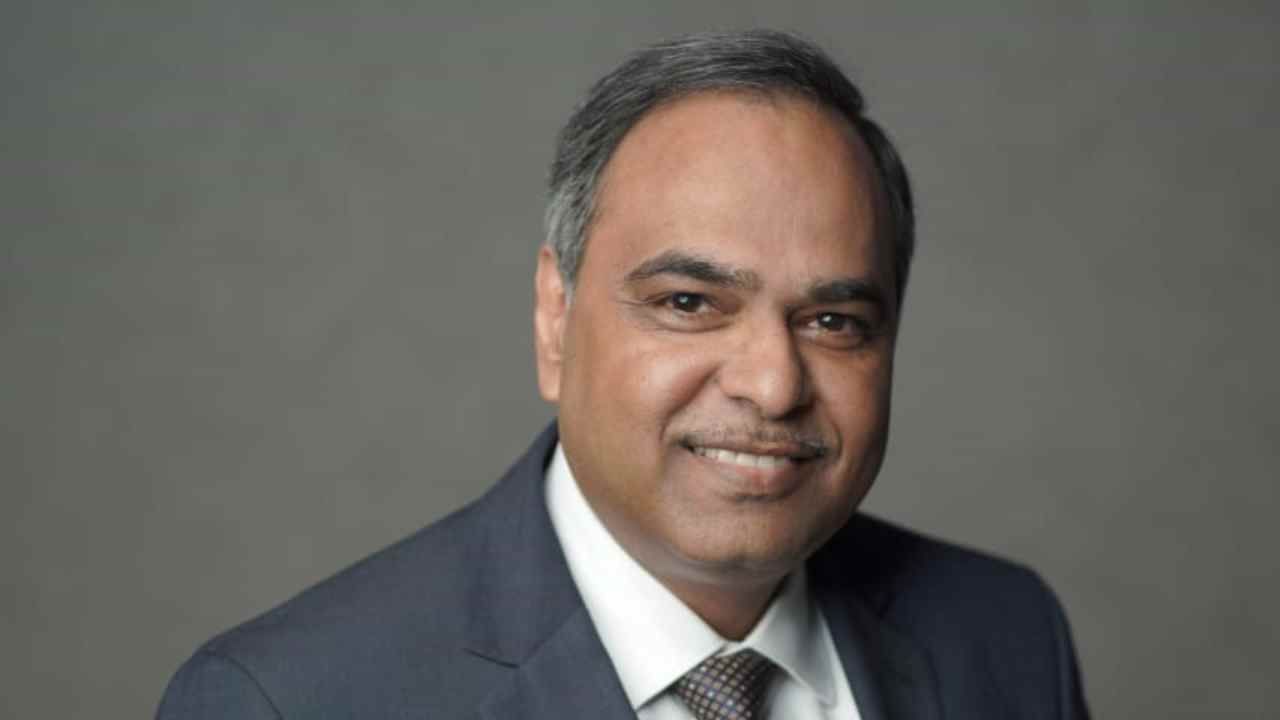
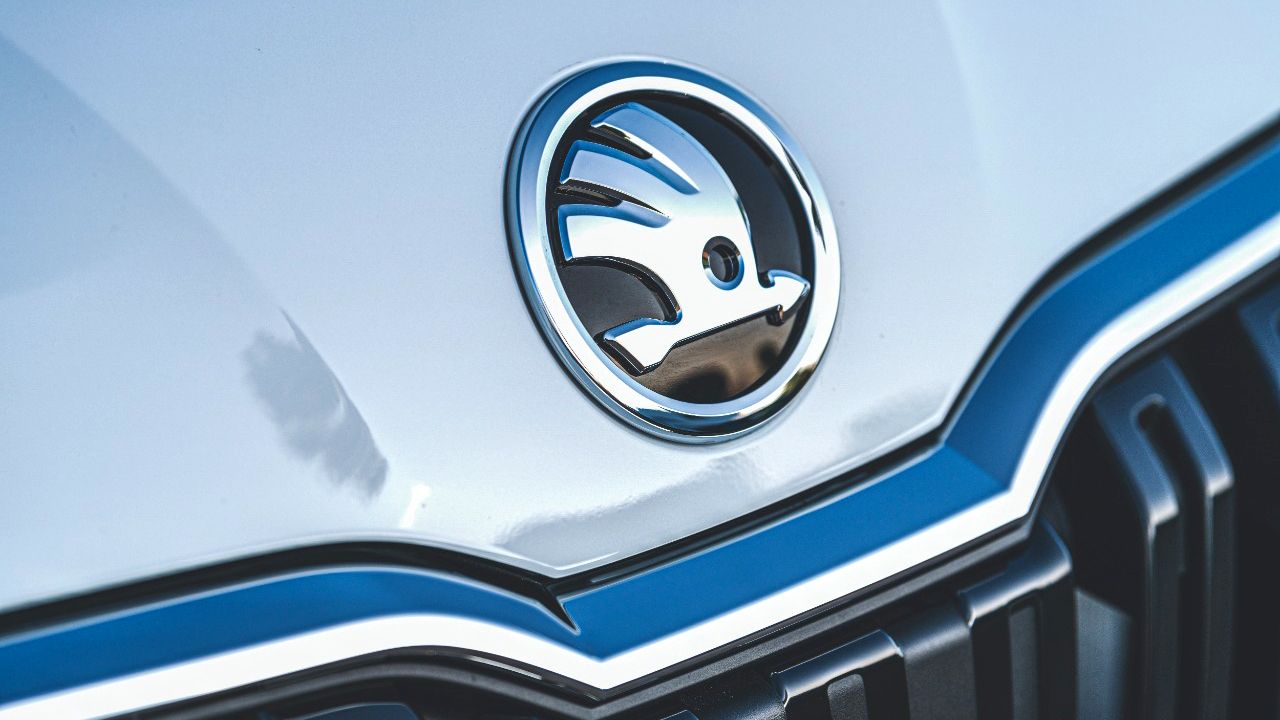
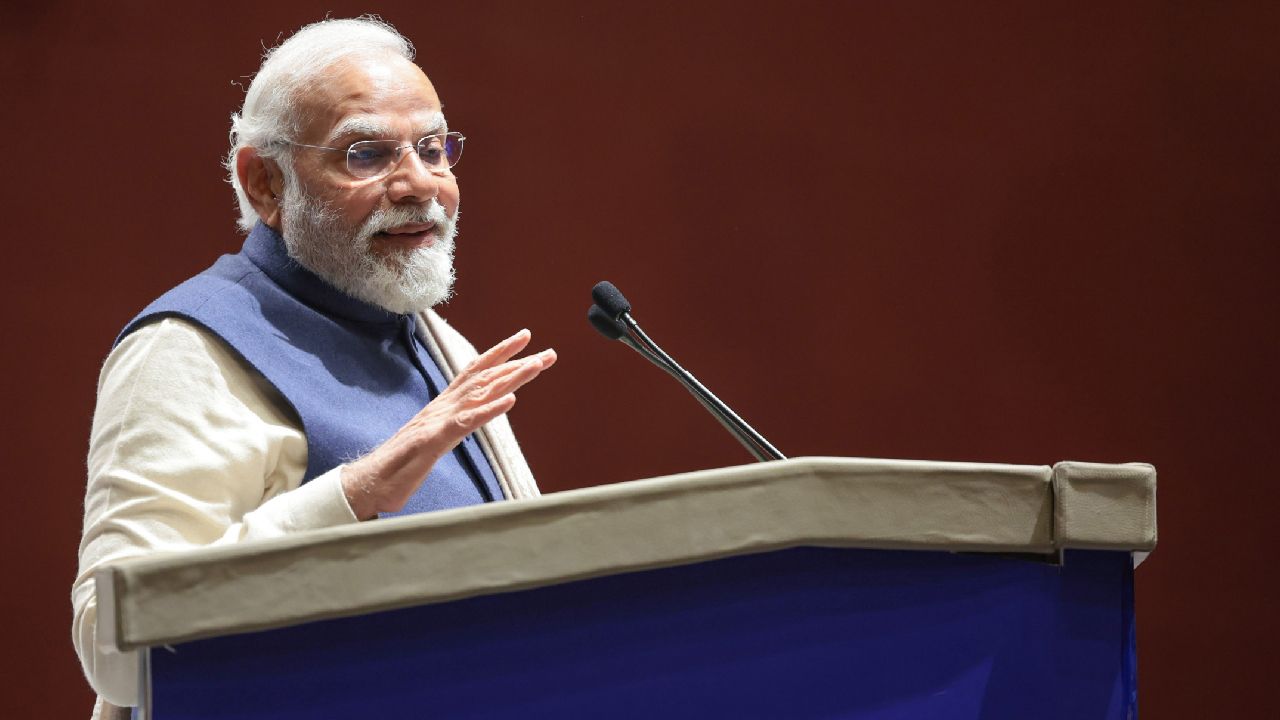
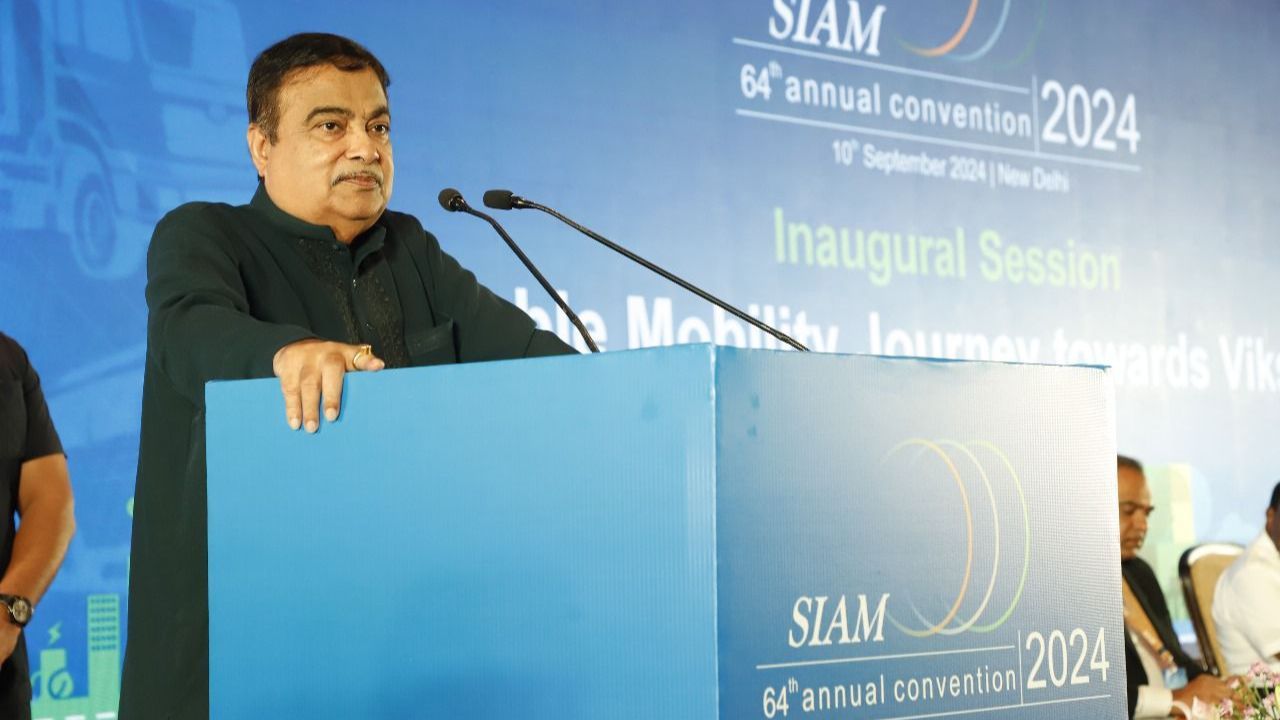
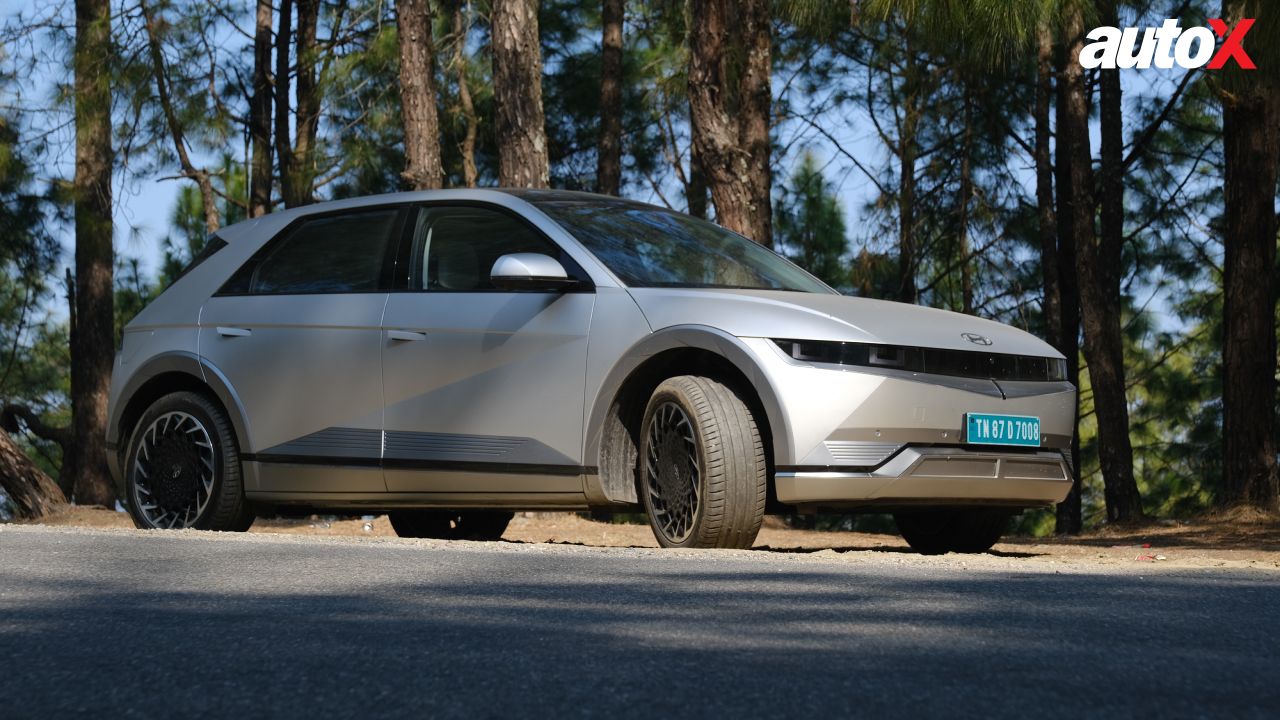
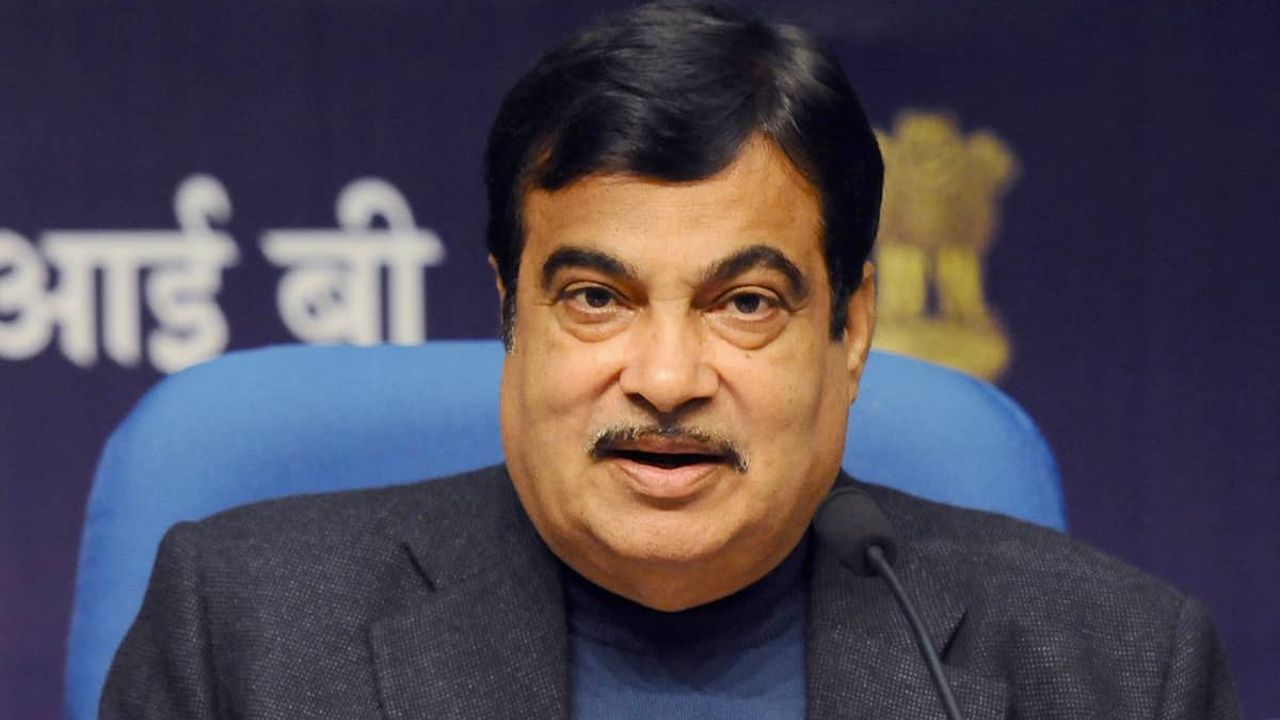
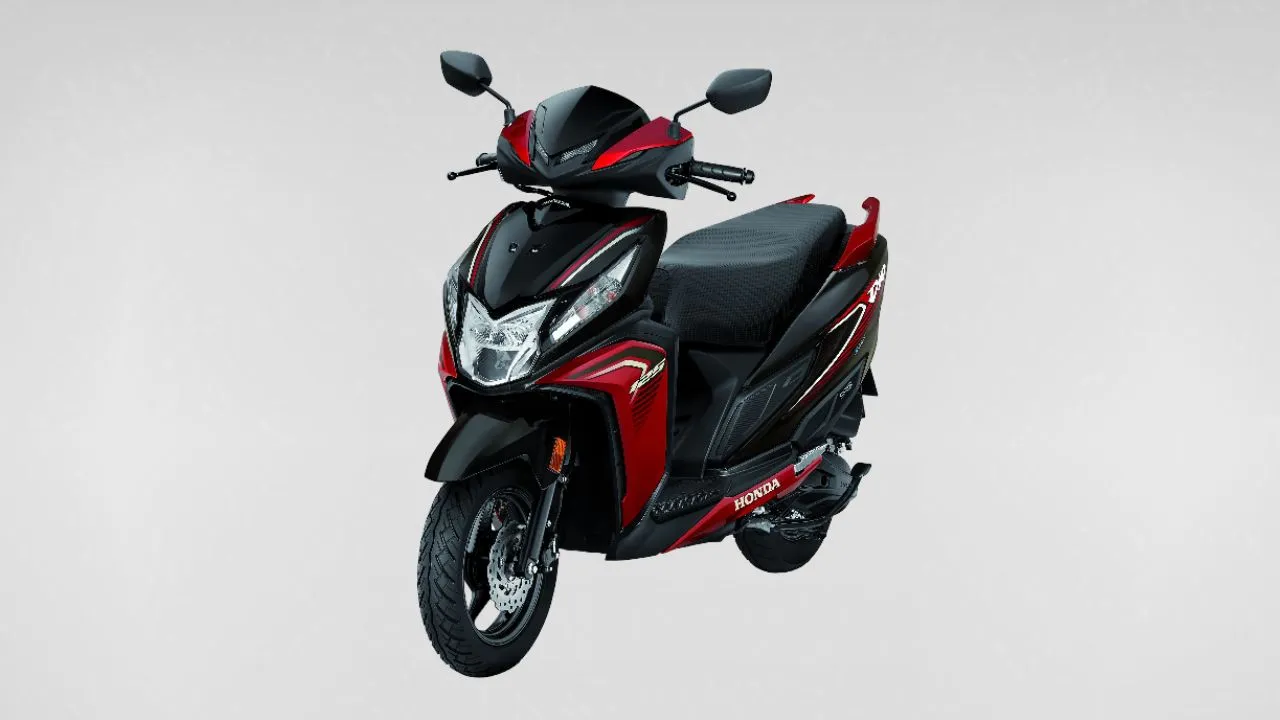
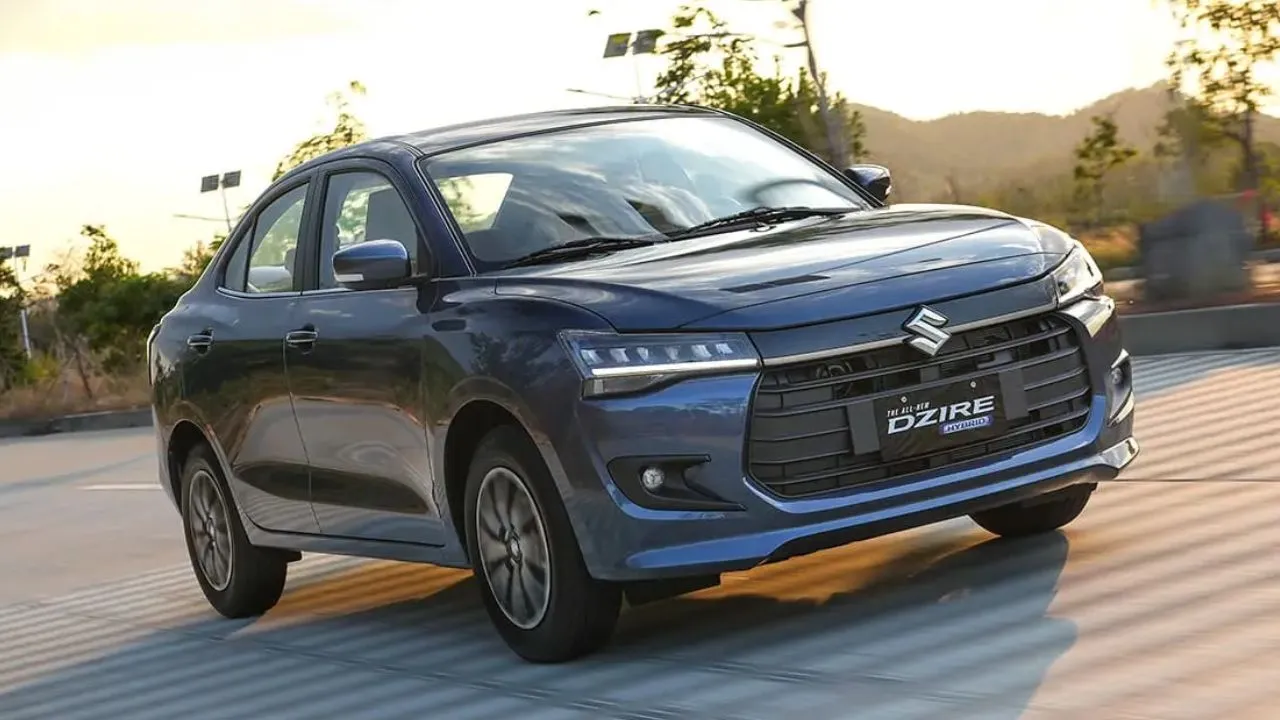
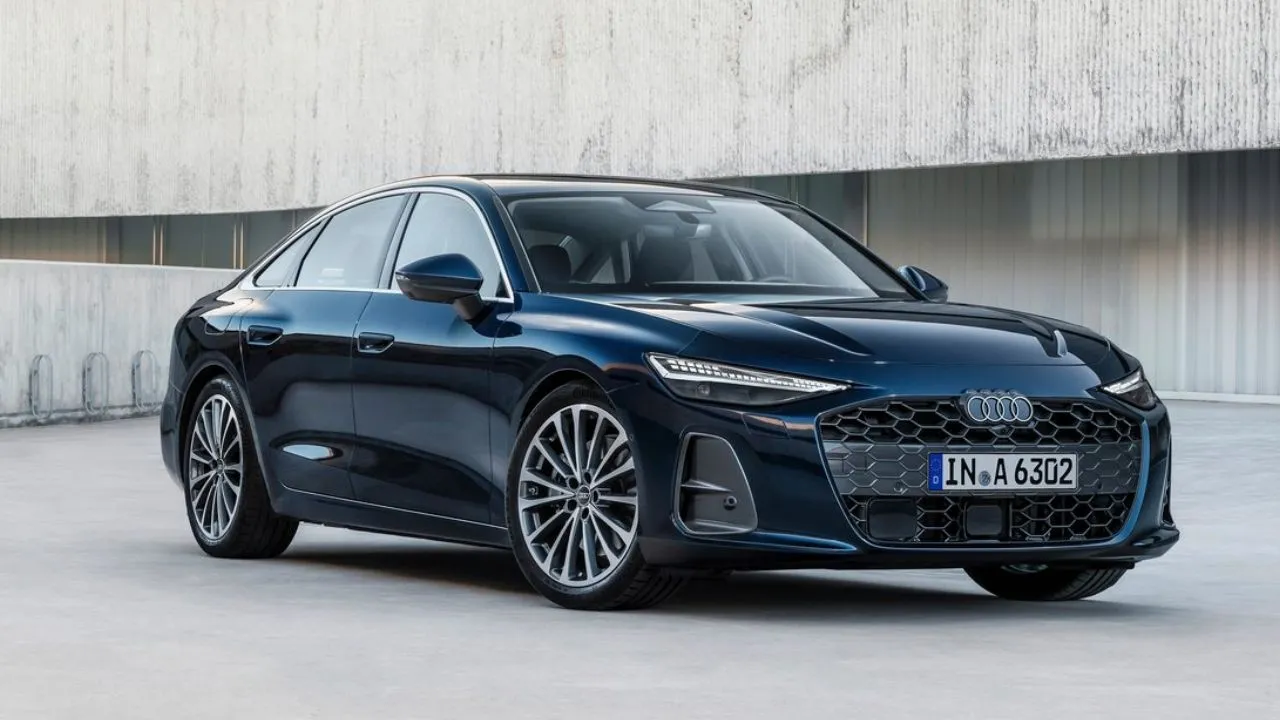
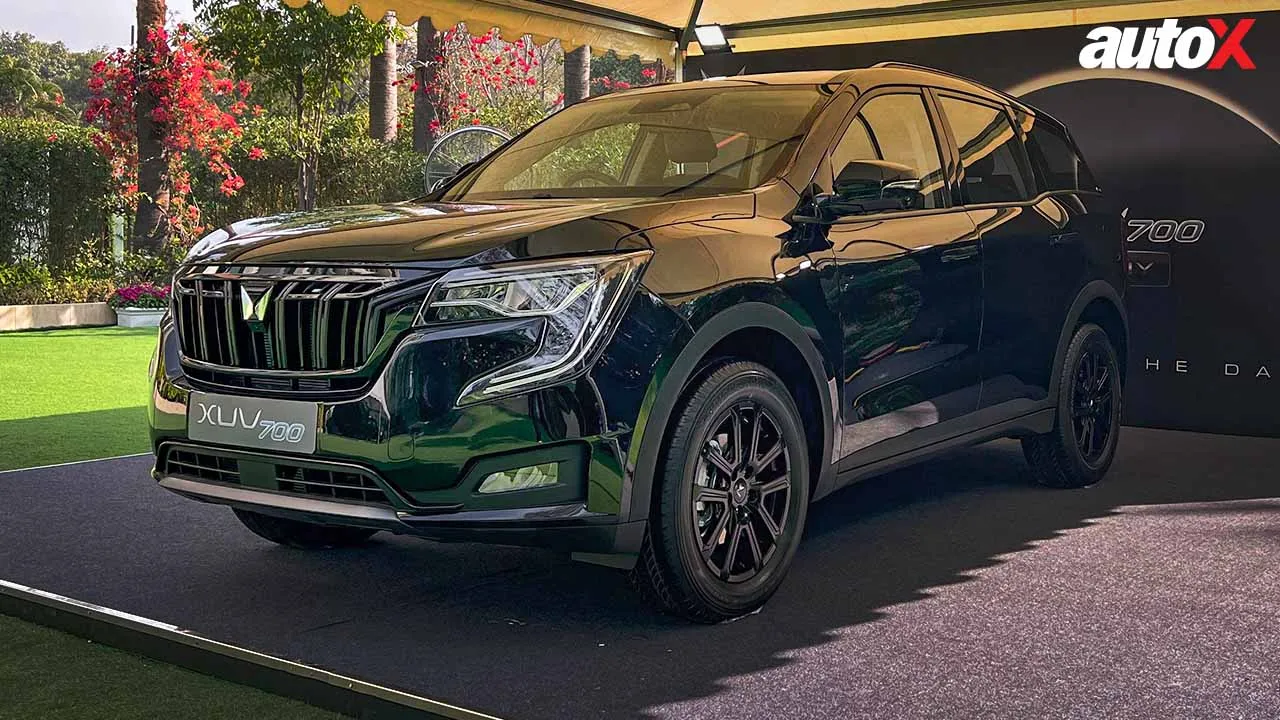
.webp)
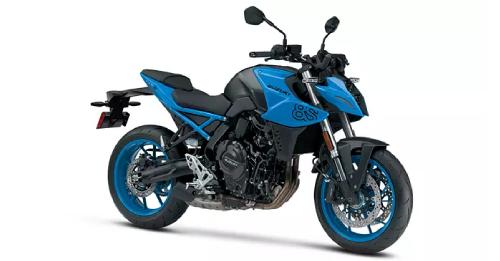

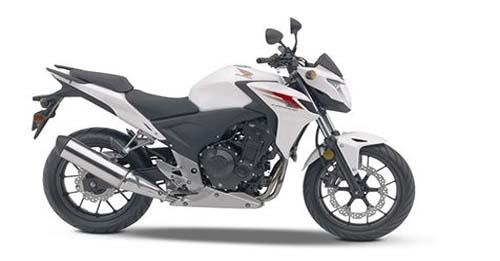
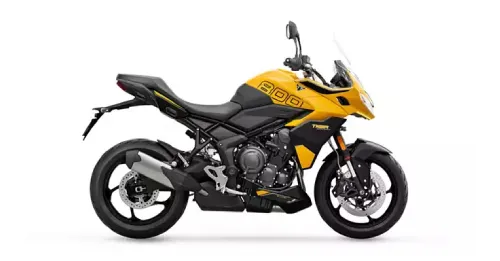















Write your Comment on